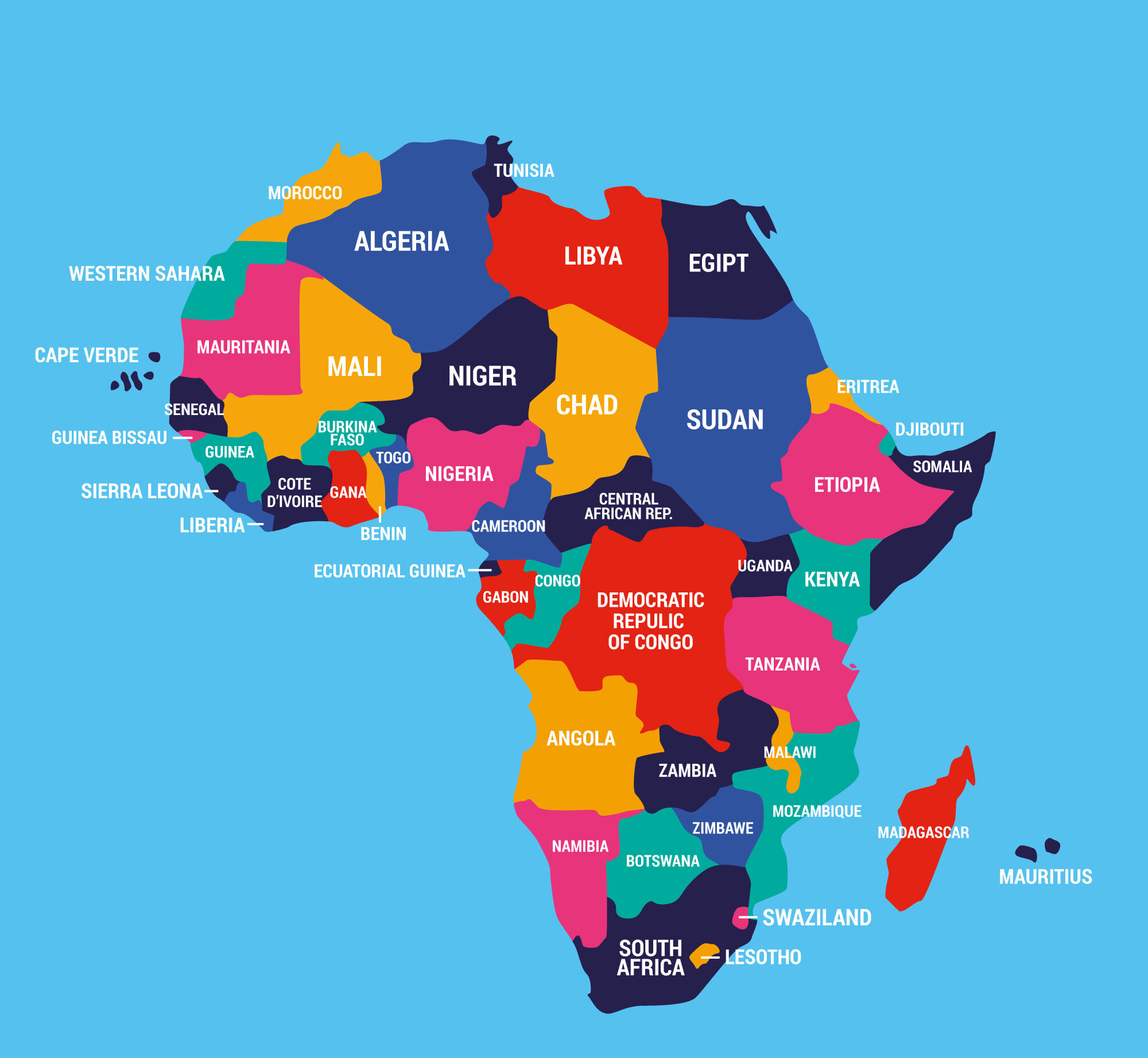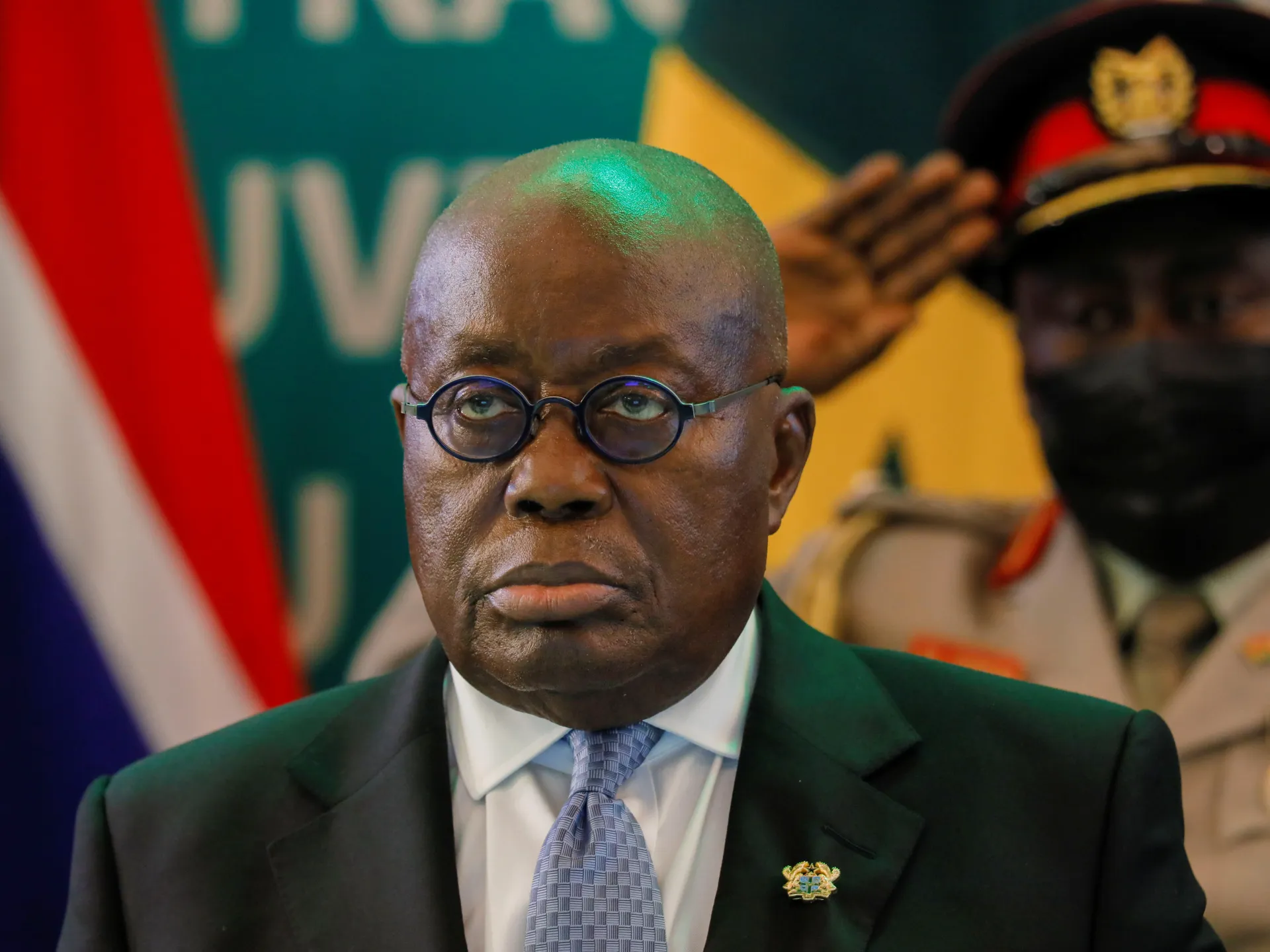As Africa positions itself in the global AI race, a select group of countries is emerging as frontrunners, leveraging policy frameworks, investments, and talent pools to harness artificial intelligence for economic growth and societal challenges. With the continent’s AI market projected to expand from $4.5 billion in 2025 to $16.5 billion by 2030, creating up to 230 million digital jobs, readiness varies widely. According to recent indices like the Oxford Insights Government AI Readiness Index and the AI Talent Readiness Index, nations such as Mauritius, Egypt, South Africa, and Tunisia are leading the pack, driven by strong infrastructure, education systems, and strategic partnerships. However, only 16 African countries have launched national AI strategies as of July 2025, highlighting gaps in preparedness. This article explores the top performers, their strengths, and the broader implications for Africa’s AI future as of August 30, 2025.
Key AI Readiness Rankings
Several reports provide benchmarks for AI readiness, focusing on factors like government policies, talent availability, infrastructure, and investment potential. The Oxford Insights Government AI Readiness Index 2024 ranks countries globally, with African leaders showing steady progress. Meanwhile, the AI Talent Readiness Index for Africa 2025 emphasizes skills and education. Other analyses, such as those from Sputnik and Punch Newspapers, highlight investment appeal and comparative readiness.
Here’s a synthesized ranking of the top 10 African countries based on aggregated data from these sources:
| Rank | Country | Key Strengths | Global Rank (Oxford Insights) | AI Talent Score (2025) | Investment Potential Score |
|---|---|---|---|---|---|
| 1 | Mauritius | Strong policy, digital infrastructure | 57th | 48.0 | 60.93 |
| 2 | Egypt | National AI strategy, tech hubs | 65th | 51.8 | 62.31 |
| 3 | South Africa | Talent pool, AI factories, startups | 68th | 52.1 | 65.15 |
| 4 | Tunisia | Education system, North African lead | 70th | 51.8 | 63.20 |
| 5 | Morocco | Policy development, investment | 87th | N/A | 63.34 |
| 6 | Kenya | Innovation ecosystem, startups | 90th | 49.7 | N/A |
| 7 | Rwanda | AI summits, governance focus | 93rd | 46.9 | N/A |
| 8 | Senegal | Emerging strategies, regional hub | N/A | N/A | N/A |
| 9 | Nigeria | Startup funding, large market | N/A | N/A | N/A |
| 10 | Ghana | Major AI hub investments | N/A | N/A | N/A |
These rankings draw from multiple metrics, with North and East African countries dominating due to better education and infrastructure. Kenya, Nigeria, South Africa, and Egypt alone captured 83% of AI startup investments in early 2025.
Profiles of Leading Countries
Mauritius: The Policy Pioneer
Mauritius tops African rankings in the Oxford Insights Index, scoring highly in government readiness and data infrastructure. The island nation has integrated AI into its national development plan, focusing on ethical AI and digital inclusion. With a talent score of 48.0, Mauritius benefits from strong STEM education and partnerships with global tech firms. Its investment potential ranks fifth continent-wide, attracting funds for AI in finance and tourism.
Egypt: Strategy and Scale
Egypt’s second-edition national AI strategy, launched in early 2025, emphasizes applications in healthcare and agriculture. Ranking 65th globally, the country leads in AI readiness scores at 55.63 in some analyses. With a talent score tied for second at 51.8, Egypt’s tech hubs in Cairo are fostering startups, supported by collaborations with entities like the African Union.
South Africa: Talent and Innovation Hub
South Africa boasts the highest AI talent readiness score at 52.1 and leads in investment potential with 65.15 points. Home to Africa’s first AI factory and major policy initiatives, it captures a significant share of startup funding. Challenges include inequality, but efforts like Microsoft’s AI for Good Lab are bridging gaps.
Tunisia and Morocco: North African Powerhouses
Tunisia ties Egypt in talent readiness at 51.8, excelling in education and AI research. Morocco, with a score of 63.34 in investment potential, is advancing through policies and IoT integrations in agriculture. Both countries outperform in North Africa, per regional analyses.
East African Innovators: Kenya, Rwanda, and Beyond
Kenya ranks 8th in Africa per Oxford Insights, with its National AI Strategy 2025–2030 focusing on innovation and employment. Rwanda hosted the first Global AI Summit on Africa in 2025, emphasizing governance. Nigeria and Ghana are rising, with Ghana’s $1 billion UAE deal for Africa’s largest AI hub set to launch in 2026.
Investment Trends and Economic Impact
AI could unlock $100 billion in annual value for African economies through generative AI alone. Investments are concentrated in leading countries, with initiatives like Ghana’s AI farming hub and Tunisia’s Phyt’Eau project demonstrating practical applications. The African Union’s Continental AI Strategy, adopted in February 2025, calls for inclusive growth. However, the continent captures only 2.5% of the global AI market, underscoring the need for more funding.
Challenges and Risks
Despite progress, risks abound: electoral manipulation, cybercrime, data dependency, and labor disruptions. Only 26.8% of African states have concrete AI safety measures. Experts advocate for an African AI Safety Institute and rights-based policies to mitigate these. Burkina Faso’s recent workshop exemplifies efforts to shape continent-wide strategies.
Looking Ahead
By 2030, AI could add $2.9 trillion to Africa’s economy, but equitable adoption requires embedding African perspectives in global governance. Leading countries like Mauritius and Egypt are setting examples, but collaboration—through forums like the AU-led AI Safety Forum—is essential. As Kenya’s Cabinet Secretary noted, it’s time for Africa to shift from AI consumers to creators. With strategic investments and policies, the continent can lead, not lag, in the AI era.




